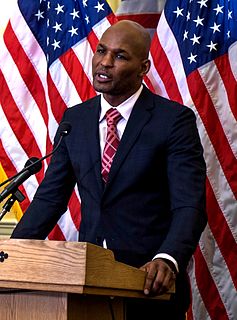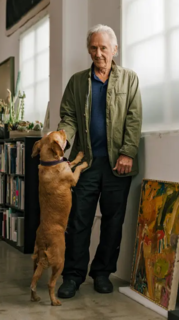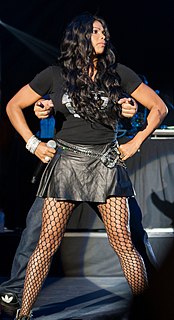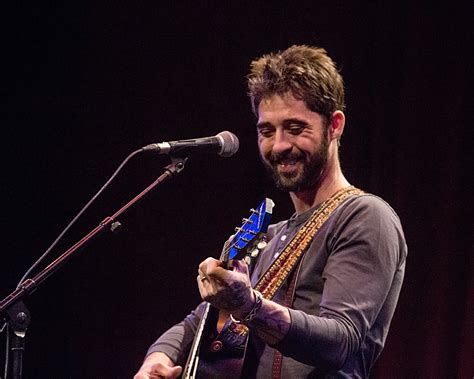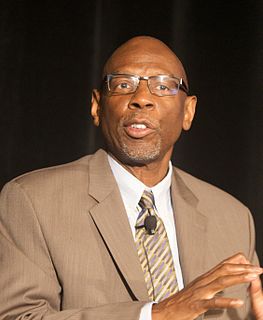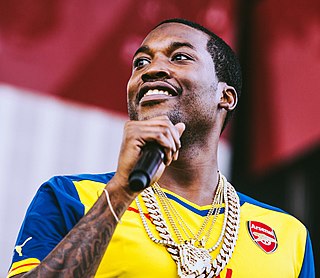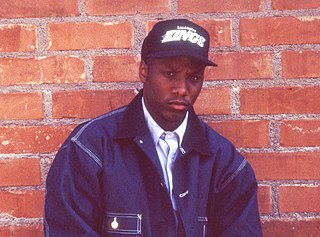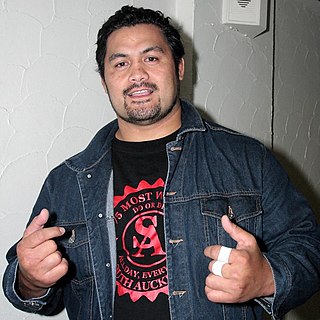A Quote by Bernard Hopkins
Related Quotes
I would say basically the commonplace observation that kids aren't going to earn as much as their parents is now is a coin flip at this point. Are you going to do better than your parents? It's a 50-50 chance, whereas if you were born in the 1940s or 1950s, you had more than a 90 percent chance you were going to do better than your parents. So basically almost a guarantee for most kids that you were going to achieve the American Dream of doing better than your parents did. Today, that's certainly no longer the case.
My mom and dad are from the streets. My mom's from Chicago. My dad's from Memphis. My dad got out of school and got with my mom. They were hustlers. They were from the streets. They were doing their thing. The streets ain't got no love for the streets. You can light up the streets, or be a victim of the streets.
